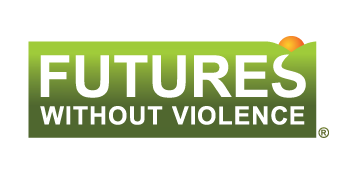
Talking with Caregivers
Talking with all patients’ caregivers about safe, healthy relationships and how relationships affect health, (rather than screening), can improve family health + safety, and prevent violence.
Providing universal education, a part of the CUES intervention, in pediatric settings focuses on connection to resources for everyone.
What to do in every visit
Talk to all caregivers about safe and healthy relationships, as well as about resources for support.
What to do when someone discloses
We don't need a disclosure to offer support. Disclosure is not the goal, but it may happen.
Partner with advocates to support families
Make warm referrals to trusted family serving partners.
Pediatric health care providers can expand their care network for children and families by partnering with domestic/sexual violence advocates, family serving organizations and culturally-specific community-based programs.
Moving from Mandatory Reporting to Mandatory Supporting
Studies show that mandatory reporting can do more harm than good, and is often a barrier to seeking support for survivors. Prioritizing healing-centered support in mandatory reporting can help mitigate harm, center child safety and promote survivor autonomy.


Safe Documentation
Consider ways to increase safety when IPV is in the pediatric health record.



